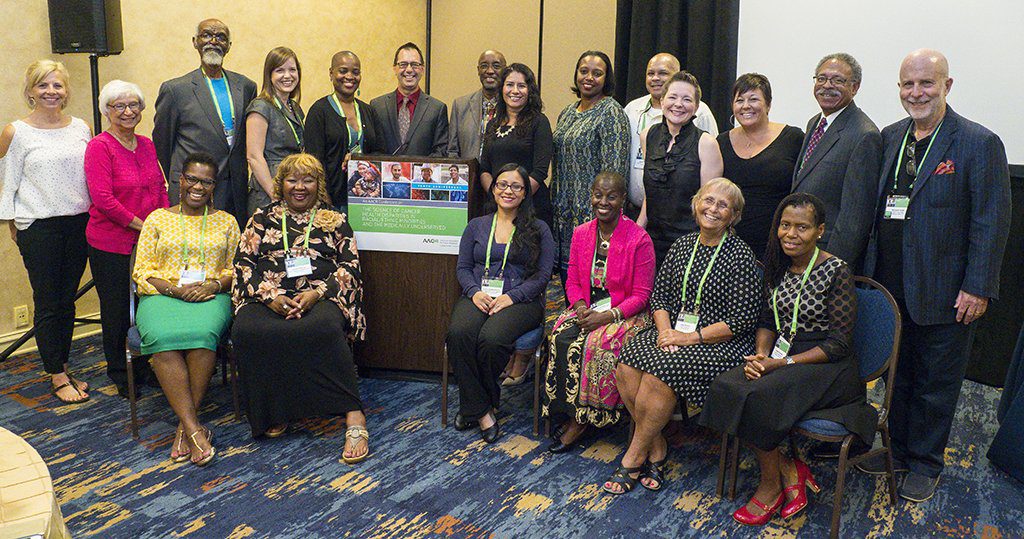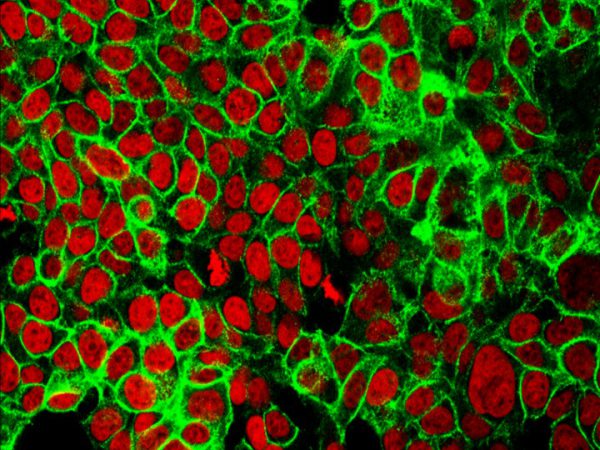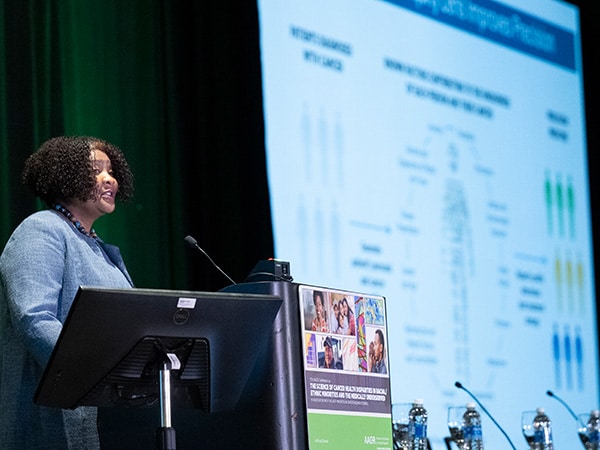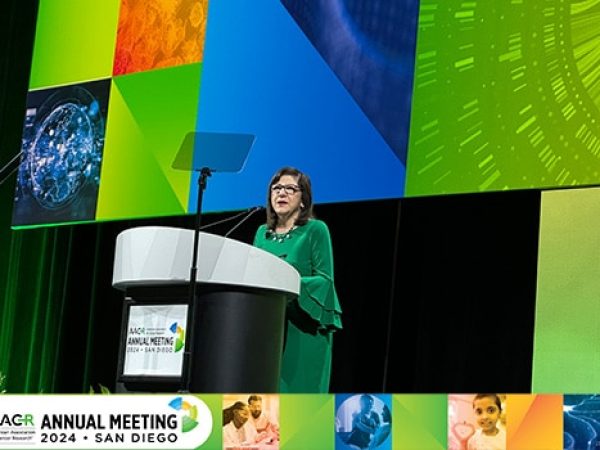Conference Set to Present the Latest Research and Developments on Cancer Health Disparities
When Michael Lawing was diagnosed with stage 3 renal cell carcinoma in 1997, he knew almost nothing about the disease.
His local urologist in rural North Carolina didn’t have much specialized experience, either.
Within three years, Lawing’s cancer metastasized. His local doctor referred him to a specialist in Charlotte. Under his care, Lawing began a clinical trial of an immunotherapeutic drug. His cancer stabilized. Over the past two decades, he has experienced several recurrences of cancer, but a steady stream of newly approved treatments, most recently the immunotherapeutic Opdivo (nivolumab), have kept his disease under control. He is currently monitored with quarterly CT scans, but is taking no additional medication and experiences no symptoms or side effects.
Early in his cancer journey, Lawing began to learn as much as he could about kidney cancer, and he felt compelled to share his knowledge with others. He has held leadership roles with the Kidney Cancer Association and KCCure.
He also joined the American Association for Cancer Research (AACR)’s Scientist Survivor↔Program (SSP), a program that fosters partnerships between leaders of the scientific community and cancer survivors and patient advocates. Through SSP, Lawing attended the AACR Annual Meeting in 2010 and 2011, and starting today, he is attending the 11th AACR Conference on The Science of Cancer Health Disparities in Racial /Ethnic Minorities and the Medically Underserved, taking place today through Monday in New Orleans.

Members of the AACR’s Scientist↔Survivor Program gather before the start of the 11th AACR Conference on the Science of Cancer Health Disparities in Racial/Ethnic Minorities and the Medically Underserved, taking place Nov. 2 to 5 in New Orleans.
The more Lawing learned about cancer, the more eager he was to advocate for patients of all races, creeds, and socioeconomic statuses. His successful treatment, with access to specialists and the latest clinical trials, had demonstrated an uncomfortable truth: There were many cancer patients who do not share in the tremendous progress that has been made against the disease.
Cancer health disparities are multifactorial, and the AACR conference will address many of the roots, from biological factors that may affect various ethnic groups differently, to socioeconomic issues that affect access to care, to interpersonal dynamics that affect the way doctors and patients interact.
“Disparities encompass more than race, creed, color, socioeconomic status, type of disease, or geographical location,” Lawing said. “Some disparities are very subtle—for example, a doctor who struggles to deal with treating persons who are obese, or who has other characteristics that are personally unfamiliar to them, may treat them differently than the patient in the next room.”
The conference kicks off tonight with a keynote address from Norman E. “Ned” Sharpless, MD, director of the National Cancer Institute, whose talk is titled “How the National Cancer Institute is Working to Reduce Cancer Health Disparities.”
Sharpless will be followed by Chanita Hughes-Halbert, PhD, of the Medical University of South Carolina Hollings Cancer Center in Charleston. Hughes-Halbert is the recipient of the Ninth Annual AACR Distinguished Lectureship on the Science of Cancer Health Disparities, funded by Susan G. Komen. Hughes-Halbert will deliver a talk titled “Towards Understanding Psychosocial and Behavioral Issues in Cancer Health Disparities.”
Here’s a look at the full program for the disparities conference. Cancer Today, the AACR’s magazine for cancer patients, survivors, and caregivers, will provide coverage of the conference. You can follow the conference on Twitter via the hashtag #AACRdisp18, and you can follow Lawing and his SSP colleagues at #AACRSSP.
Two sessions will be livestreamed on YouTube. On Sunday, Nov. 4, from 8 a.m. to 9 a.m. Central Time (CT), an educational session titled Addressing Advocacy at the Bench will discuss the impact advocates have in cancer research. And at 1:30 p.m. CT, a panel of cancer health disparities experts will provide an overview of this year’s conference, covering trends, areas of progress, and ongoing challenges.
Finally, three of the conference’s five co-chairs spoke to the AACR about their enthusiasm for disparities research and their excitement over convening in New Orleans. Here’s their interview.
https://www.youtube.com/watch?v=TnWEEVLR-mY&feature=youtu.be



